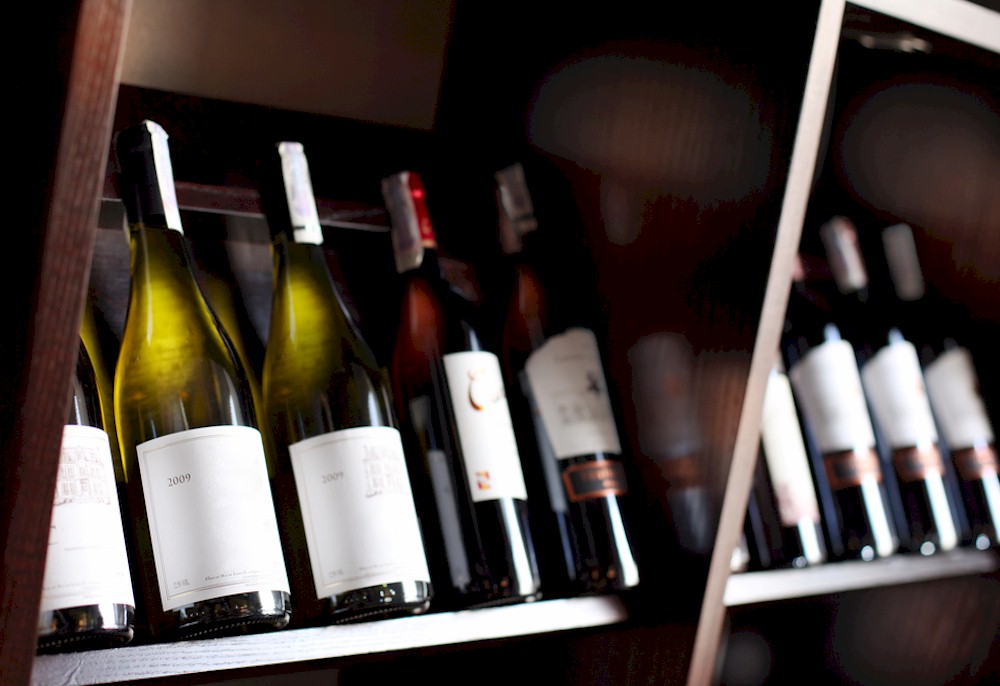One of the world's largest hotel chains experienced a massive cyberattack in which a hacker exploited their lack of adequate IT security controls, exposing the private data and travel details of nearly 500 million people. Security threats can come from a number of touch points, such as hotel Wi-Fi, credit card reservations/sales, loyalty programs, guest services and interconnections with vendors. Adding to such vulnerabilities is a labor shortage. The U.S. Department of Labor estimates the hotel industry will experience a 600,000-worker shortfall. Couple this with the dearth of qualified cyber security professionals, and you see an industry at a peak point of stress. READ MORE
With the constant flow of hotel acquisitions and investments, global conglomerates, private equity funds, and venture capitalists regularly find themselves navigating alcohol beverage laws and regulations enacted from a bygone era and drafted in response to societal abuses and evils at that time. Alcohol beverage tied-house laws serve to prevent manufacturers and distributors from holding interests in or exercising control over retailers and prevent cross-ownership or investment in different tiers in the alcohol beverage industry. While some may question their relevancy today, "tied-house laws" separating the three tiers of the industry remain a legal hurdle to acquisitions of, or investments in, hotel businesses to be reckoned with. READ MORE
Over the past few decades, the environmental movement in the U.S. has gained quite a bit of momentum and started to impact more facets of everyday life. Spurred on by the interconnectivity of the internet and social media, consumers have become more demanding of their favorite companies - they want those brands to echo their own social and environmental values. To prioritize the energy efficiency that consumers demand, companies will need to make some major changes. While overhauling your organization to be more environmentally friendly sounds daunting, these changes don't need to interrupt daily operations or break the bank. READ MORE
During the height of the "green design" craze, hotel RFPs fairly regularly required their buildings to receive some level of L.E.E.D. accreditation. As the general public became increasingly aware of the climate changes happening around them and their own carbon footprint, they started to consider how their own actions contributed to the environment they inhabited. Hotel owners quickly tried to capitalize on the growing market segment. New hotel brands, such as Element, were created specifically for the environmentally-conscious guest. After approximately 10 years or so, it seems like a reasonable time to step back and ask the question, was all the hype for "green design" worth it? READ MORE
Identifying, recruiting, hiring and training new workers are expensive, time-consuming propositions for hospitality groups these days. As hoteliers work to find enough qualified workers, there is no one answer in understanding and appealing to the moving target of what motivates an ever-changing employment pool, including those who already work with an organization. What are we to do? This article considers some approaches to finding those workers we need to operate quality properties, care well for guests and develop meaningful, profitable organizations that are poised for growth in a highly competitive economy and industry. READ MORE


 LIBRARY ARCHIVES
LIBRARY ARCHIVES 















